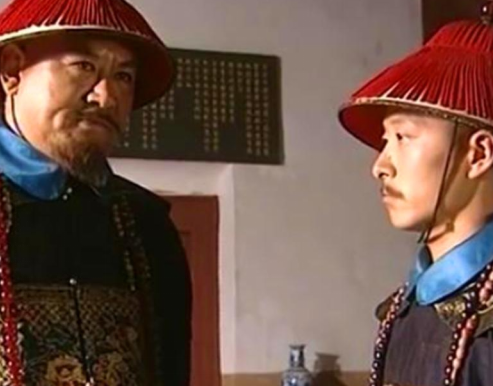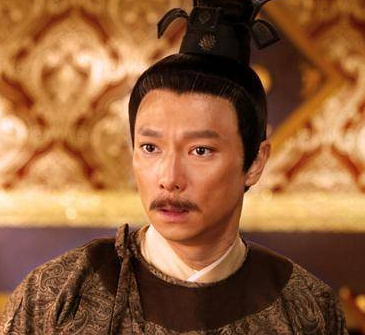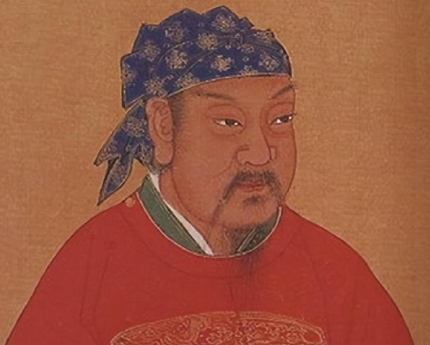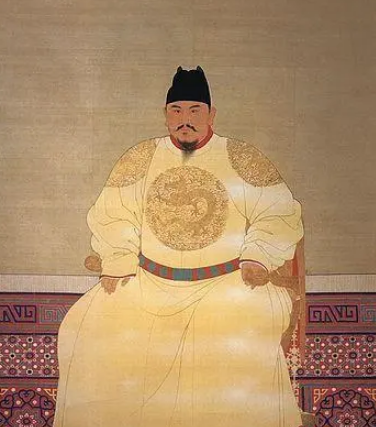In Chinese history, many heroes and outstanding figures have made tremendous efforts for the country and the nation. However, in the long river of history, there are also some figures who, for various reasons, chose to surrender. Wang Jizhen persuading Wang Fuchen to surrender is one such example. So, why did Wang Jizhen persuade Wang Fuchen to surrender? What are the reasons behind it? This article will explore this issue based on historical data.

First, we need to understand the backgrounds of Wang Jizhen and Wang Fuchen. Wang Jizhen was a famous general at the end of the Ming Dynasty, who had established great military achievements in the Ming army. Wang Fuchen, on the other hand, was another brave general at the end of the Ming Dynasty, who also made great contributions to the country. However, during the turbulent period at the end of the Ming Dynasty, these two brave generals chose different paths for various reasons.
So, why did Wang Jizhen persuade Wang Fuchen to surrender? The main reasons are as follows:
1. Unfavorable war situation: At the end of the Ming Dynasty, the country was facing internal and external troubles, and the war situation was very unfavorable. Under such circumstances, Wang Jizhen believed that continuing to resist was meaningless and would only lead to more soldiers dying. Therefore, he persuaded Wang Fuchen to surrender to save their lives.
2. Preserving family members: In the social environment at that time, wars often led to the tragedy of families being destroyed. As a person with deep family emotions, Wang Jizhen did not want to see his family suffer because of the war. Therefore, he persuaded Wang Fuchen to surrender to protect the safety of his family.
3. Personal interests: Although this cannot be the main reason for Wang Jizhen's persuasion, it did influence his decision-making to some extent. In the social environment at that time, surrender often meant obtaining a certain status and benefits. Wang Jizhen may have persuaded Wang Fuchen to surrender out of consideration for personal interests.
4. Change in the concept of loyalty: At the end of the Ming Dynasty, the concept of loyalty among many generals changed. They began to pay more attention to personal life and death and interests, rather than the rise and fall of the country. This change in concept also influenced Wang Jizhen's decision to persuade Wang Fuchen to surrender.
In summary, the main reasons why Wang Jizhen persuaded Wang Fuchen to surrender include unfavorable war situations, preserving family members, personal interests, and changes in the concept of loyalty. These reasons reflect the historical background of the society and individual psychological changes at that time. Although we cannot simply evaluate Wang Jizhen's behavior, we can see the development of history and social changes from it.
Disclaimer: The above content is sourced from the internet and the copyright belongs to the original author. If there is any infringement of your original copyright, please inform us and we will delete the relevant content as soon as possible.
































